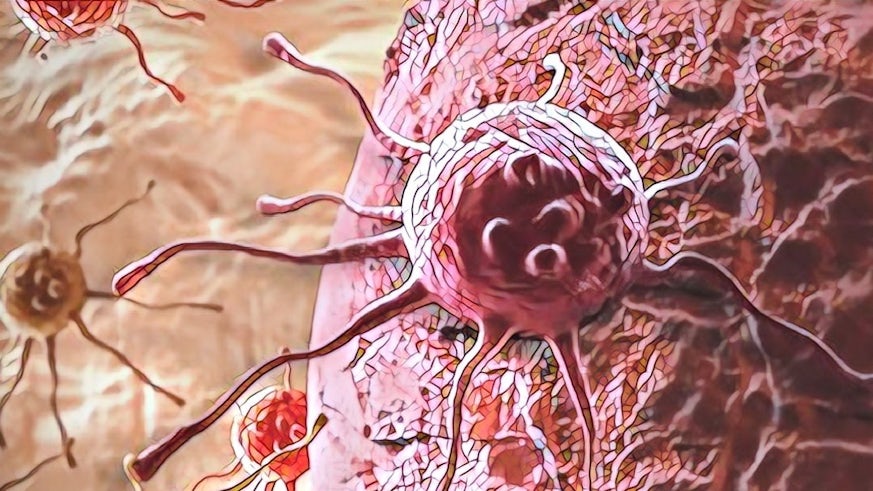Solving a challenge hindering the development of an important class of drugs
28 November 2018

Researchers at Cardiff University have developed a new approach that can now be used to facilitate the discovery of a class of drugs that could treat cancer, rheumatoid arthritis and inflammatory bowel disease.
For cells to function normally, some proteins need to bind each other and form protein complexes that play critical roles in transmitting messages between the different components that make up cells. In cases where these protein complexes are not formed at all or are formed beyond normal levels, disease may result. An example of this is a protein called STAT3, which assists in generating other proteins that fuel cell proliferation. Various studies have shown that STAT3 is hyperactivated in many human cancers such as breast, gastric, colorectal and prostate. Therefore, the inhibition of STAT3 has been proposed as a plausible strategy for treating these serious diseases.
The development of many drugs that could selectively target STAT3 binding to other proteins, a process termed dimerization, has been hindered by their poor drug-like properties. To address this, Ageo Miccoli, a PhD student from Cardiff University, used a new approach to mask the “phosphotyrosine” group of these drugs in order to improve their properties. Binar Dhiani, also a PhD student, studied the effectiveness of these masked molecules to inhibit cancer cell survival. The data showed that the molecules with masked “phosphotyrosine” exhibited better efficacy in inhibiting breast cancer cells than the molecules with unmasked “phosphotyrosine”.
Dr. Mehellou, the principle investigator, said: “This study will have a great impact on facilitating the discovery of new anticancer drugs with “phosphotyrosine” groups, which has to date been a stern challenge”
The paper by Ageo and Binar can be found here.